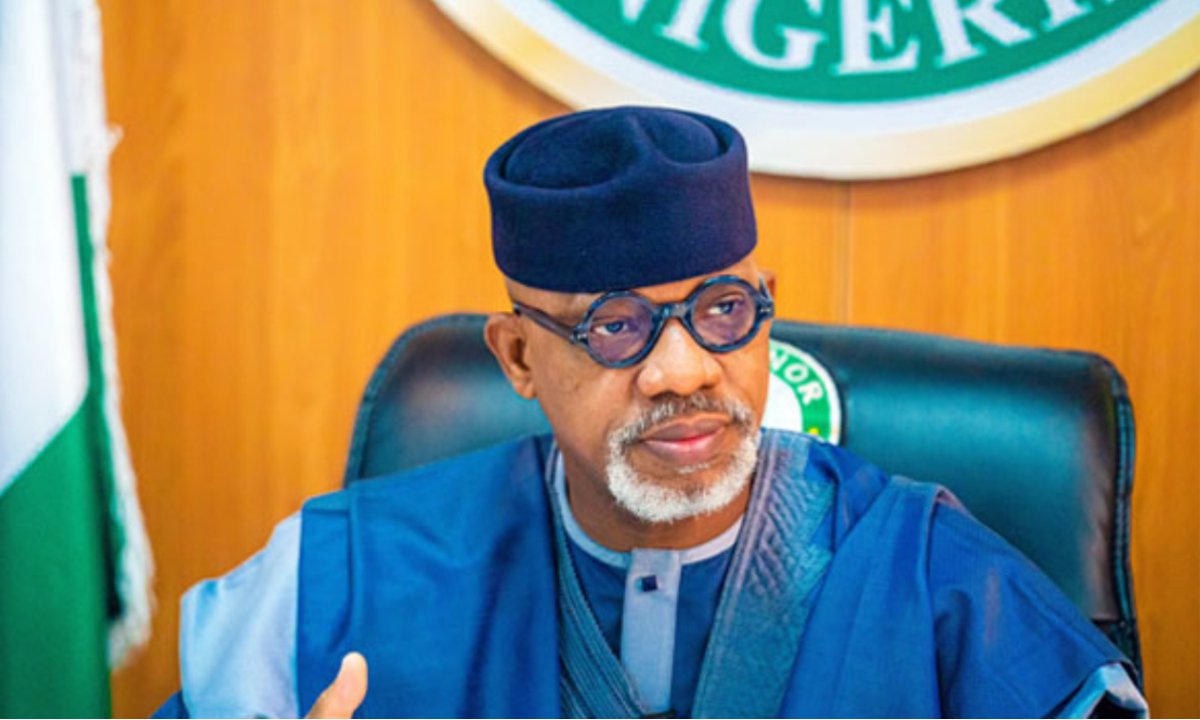World Bank sanitation crisis report urges urgent action as 2 in 5 lack safe sanitation, costing Africa $200bn and threatening global health and growth
World Bank sanitation crisis concerns have deepened following the release of a damning report revealing that nearly 40% of the global population still lacks access to safe sanitation.
Also read: World Bank loans to Nigeria hit $8.4bn in two years
The World Bank has described the situation as a “growing crisis” with devastating consequences for public health, environmental stability, and economic development.
Titled “The Global Sanitation Crisis: Pathways for Urgent Action”, the report warns that Africa alone could be losing up to$200 billion annually in unrealised economic potential due to inadequate sanitation systems.
It added that investing in proper sanitation could boost the continent’s GDP by as much as 5 per cent.
The World Bank sanitation crisis report paints a grim picture, particularly for low- and middle-income countries where a third of urban residents face a “triple burden” of poor sanitation, poverty, and rising climate threats.
The health impact is staggering, with preventable diseases such as cholera, diarrhoea, and typhoid still claiming hundreds of thousands of lives each year—mostly children under five.
In urban Africa, the crisis is fuelled by rapid population growth, ageing infrastructure, and underinvestment.
In many informal settlements, unsafe disposal methods are still common, contaminating water sources and increasing the risk of disease outbreaks.
According to the World Bank, every dollar spent on water and sanitation in Africa could yield a sevenfold return.
Beyond economic gains, better sanitation systems would lead to improved education, especially for girls, and a cleaner environment.
The report also highlighted the role of resilient sanitation systems in cutting global methane emissions by up to 10%.
The World Bank sanitation crisis report issues a clarion call for governments, cities, and service providers to act immediately.
It recommends climate-resilient, inclusive, and citywide infrastructure—systems capable of withstanding flooding, droughts, and rising sea levels.
The authors advocate for innovation, skilled workforce development, and sustainable practices like converting wastewater into energy.
“Investing now can break the vicious cycle and create thriving, resilient cities,” the Bank insisted.
As the world inches toward the 2030 Sustainable Development Goals, the gap in sanitation access remains a glaring obstacle.
Also read: World Bank loans to Nigeria hit $8.4bn in two years
The World Bank concluded by stating that collective global action is not just necessary—it is overdue.
Source: Read more at premiumtimesng.com





























